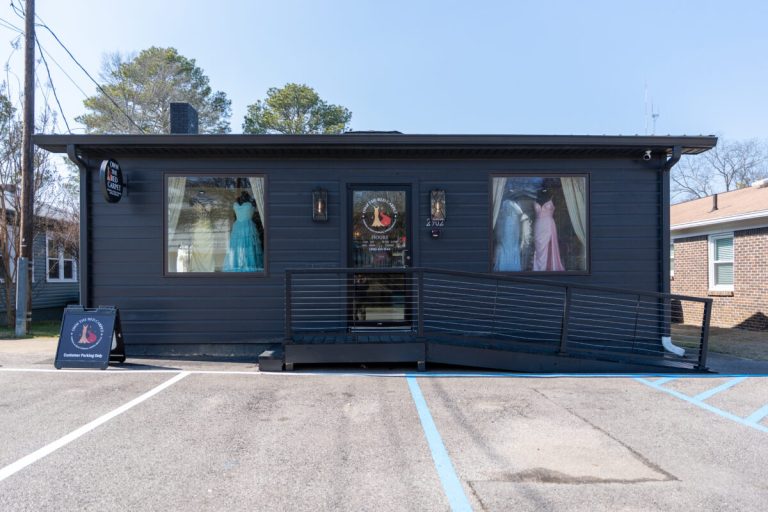Micromobility in Birmingham: what you need to know
Reading time: 4 minutes

Pre-pandemic, we saw a huge rise in e-scooters and other micromobility options across the country. Thanks to a new city ordinance and increased need for equitable transit, micromobility is back in Birmingham.
While some people think electric scooters are a sidewalk nuisance, others, like Birmingham Councilmember Darrell O’Quinn believe them to be key to providing affordable mobility to Birmingham’s population.
How it started

Until the contract ended 2019, Birmingham had several docking stations full of Zyp Bikes since 2015. The bikes were among Birmingham’s first solutions to micromobility. But, they didn’t last long, as they were only intended to run in the city for five years.
But despite the price tag, the bikes turned a corner for the city.
“The Zyp Bike share really proved that micromobility was viable for City of Birmingham and could really be utilized by our residents and visitors to explore the city and get around.”
Darrell O’Quinn, City Council Member, Birmingham
Scooters, another popular micromobility option, are not unfamiliar to Birmingham. Bird briefly ruled the streets and sidewalks, but due to legislative issues at the city and state level, the company’s scooters were eventually taken away.
Where we are now

In November 2020, the Birmingham City Council passed a new ordinance for mobility, with new rules for e-scooters, bike shares and mopeds coming to the city. The goal of the ordinance is to not only bring more micromobility options to the city, but to encourage residents to use them.
A few of the new rules include:
- Corrals for chargers to place shared mobility vehicles throughout the city
- A 10PM curfew for e-scooters
- Incentives for companies to increase access to micromobility to those who need it most
According to O’Quinn, one of the biggest upsides to micromobility is its accessibility and cost. Roughly 12% of Birmingham residents do not own a car, which leaves them with limited options for mobility and decreased access to job opportunities. With about 25.9% of Birmingham residents in poverty, increased access to transportation that is more cost effective than owning a car and more convenient than the bus or a friend is needed
O’Quinn believes that by increasing dockless micromobility in the city, more people will be able to afford effective transportation.
“The City of Birmingham has a poverty rate of around 30% of our population, and until we address that issue, that’s going to be a significant burden for economic development and growth of the city. We can have all of the job training programs in the world and new employers coming in, but if people can’t get to those opportunities and can’t access them—what good are they?
Darrell O’Quinn, City Council Member, Birmingham
Where we’re headed

The future of micromobility for Birmingham is looking bright! Thanks to these changes, Birmingham can expect to see VeoRides and Gotcha Mobility scooting, biking and moped-ing around town. Gotcha Mobility has also signed a lease for several thousand square feet of space in the M2 building in Avondale.
Curious about Birmingham’s micromobility journey? Check out these Bham Now stories:
- Get ready to ride…again! Electric bikes + scooters are back in Birmingham
- New City Council Ordinance could reintroduce micro-mobility to Birmingham
- Say bye-bye to Zyp bikes. So what’s next for micro-mobility in Birmingham?
- Bird wants to take over Birmingham with electric scooters
- Electric scooters may be coming (back) to Birmingham, thanks to new legislation
- Scooters Are Back in Birmingham! Here’s What You Need to Know



